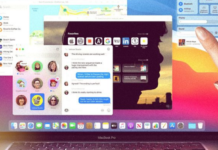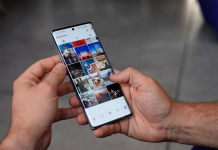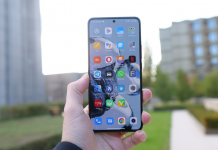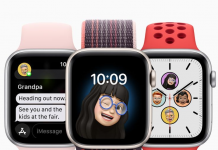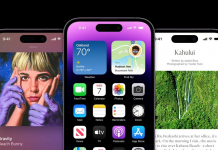In the context of the Digital Markets Act, WhatsApp has been obliged by the European Commission to open its messaging platform to other applications: in a nutshell, it will be possible to chat on other services and social networks from the WhatsApp app. Meta has already confirmed that it is working on it, and in the past few hours our colleagues at TheSpAndroid have managed to activate the feature, although still very incomplete, by modifying the latest Beta of the app being distributed on the Play Store.
For the moment, the only part that works (partially) is the so-called onboarding procedure – basically the series of pages and screens that the user has to go through to activate the feature. Apparently, WhatsApp puts a lot of effort into warning as comprehensively as possible about potential privacy risks. For example, explain that third-party apps may have different protocols and standards for encrypting conversations, as well as policies on the treatment of personal data.
WhatsApp also warns that third-party apps will not access the name and profile picture used in the app, but the phone number will be shared, through which users can find each other. However, this includes people we may have blocked on WhatsApp. The app also explains that if you decide to disable the integration with third-party apps, the conversations generated up to that point will remain visible, but you can only consult them and you will not be able to add further messages (in other words: read-only).
In the meantime, the guys at WABetaInfo have discovered that the developers of the platform are working on a small novelty that is framed in the context of the protection of user privacy, but it can also make sense for those looking for a slightly more linear and minimalist user experience. In a nutshell: the ability to disable hyperlink previews.
As we said, it can be a matter of user experience/rationality of the interface: a chat in which there are many shared links, especially if they are one per message, can become very uncomfortable and difficult to follow. But it’s also a matter of privacy – generating previews could be a way to expose your IP address to prying eyes. In this sense, it is not surprising to observe that the new option will be located in the Privacy > Advanced section of the app’s settings, just below the toggle to mask the IP address during a video call.
The option was spotted in the latest Android beta, but it only appears when you change it. Note that this option would only work for user-sent messages; In those received from others, the previews will remain visible, unless of course they have disabled them themselves.








